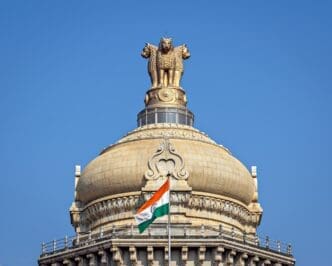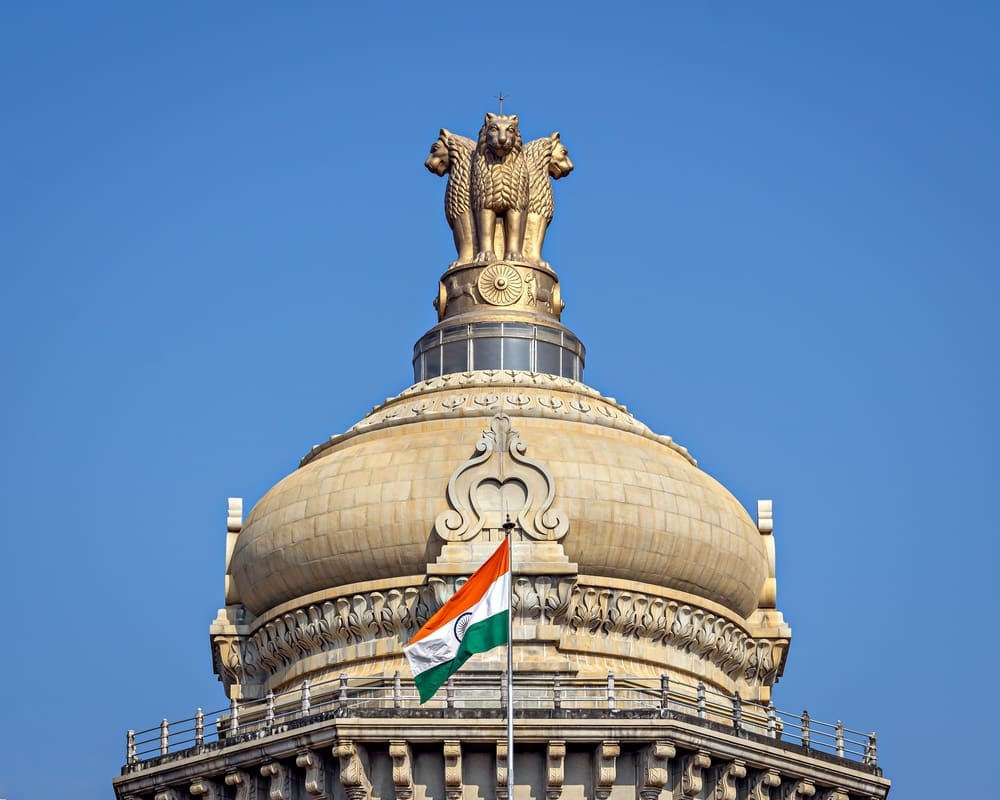The Indian government has officially refuted assertions made by U.S. President Donald Trump regarding the role of U.S. trade incentives in the recent ceasefire between India and Pakistan. The ceasefire was reportedly mediated by the United States amidst heightened military tensions between the two South Asian nations. However, India maintains that discussions surrounding trade were not part of the diplomatic engagements.
During a weekly briefing, Randhir Jaiswal, the spokesman for India’s foreign ministry, clarified that while leaders from New Delhi and Washington were in communication following the military standoff with Pakistan, trade discussions were not a focal point. Jaiswal specifically noted that dialogues involving U.S. Vice President JD Vance, Indian Prime Minister Narendra Modi, U.S. Secretary of State Marco Rubio, and India’s External Affairs Minister S. Jaishankar did not address trade issues.
The ceasefire, agreed upon by India and Pakistan, called for an end to military actions across land, air, and sea. However, President Trump suggested that his administration had offered trade benefits to both countries as an incentive to de-escalate the conflict. He claimed that this trade leverage played a significant role in the decision of both nations to agree to the ceasefire.
The conflict between India and Pakistan had escalated significantly since India’s military strikes on suspected militant targets in Pakistan, following an attack in Indian-controlled Kashmir that resulted in the deaths of 26 tourists. This led to intense exchanges of fire across their borders, involving missile and drone attacks primarily targeting military sites.
As tensions threatened regional stability, international calls for peace were made, with President Trump asserting his role in mediating not only the ceasefire but also offering to mediate the longstanding Kashmir conflict. However, India firmly rejected any third-party mediation, reiterating its policy that issues concerning the region of Jammu and Kashmir should be resolved bilaterally between India and Pakistan.
In a continuation of diplomatic tensions, Pakistan’s Ministry of Foreign Affairs announced the expulsion of an Indian High Commission staff member based in Islamabad, citing unspecified inappropriate actions. This move follows a pattern of tit-for-tat reductions in diplomatic presence between the two nations, a common response to allegations of espionage.
The situation highlights the complex dynamics of Indo-Pakistani relations, where diplomatic, military, and international influences intersect amidst longstanding regional disputes.














